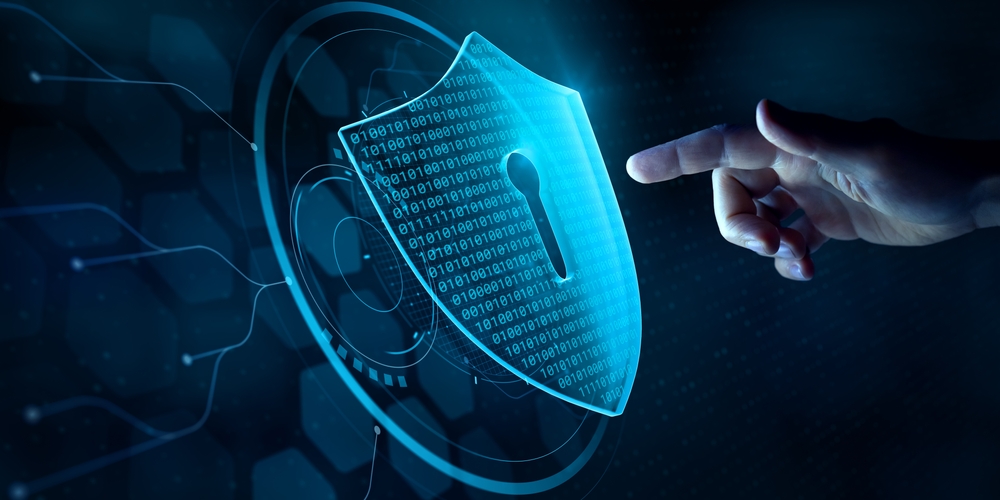Top Tips for Enhancing Your Internet Security
Understanding the Importance of Internet Security
In today’s digital age, internet security has become a top priority for individuals and businesses alike. With the rise of cyber threats, understanding the importance of safeguarding your online presence is crucial. Internet security refers to the protection of data and systems connected to the internet, encompassing various measures to defend against unauthorized access or cyber-attacks. The implications of not securing your online data can be catastrophic, including identity theft, financial loss, and damage to personal or professional reputations.
One of the essential aspects of internet security is being aware of the risks. Common threats include malware, phishing schemes, ransomware, and other malicious activities. Being informed about these dangers is the first step towards protecting yourself. This article will explore several top tips for enhancing your internet security, ensuring your online interactions remain safe and secure.
The need for robust internet security is underscored by the increasing complexity and sophistication of cyber attacks. This highlights the necessity for individuals and organizations to adopt best practices and up-to-date technologies to mitigate these risks. The following sections delve deeper into practical steps you can take to enhance your online security.

Implementing Strong Password Strategies
Passwords are your first line of defense in securing your online accounts, making it essential to implement strong password strategies. A common mistake that many users make is using simple or easily guessed passwords. To enhance your internet security, use complex passwords that include a mix of letters, numbers, and special characters.
Additionally, consider using a password manager to keep track of your credentials. Password managers not only store passwords securely but can also generate strong, random passwords for your accounts. Regularly updating your passwords and avoiding the reuse of old ones is another effective strategy to bolster your internet security.
Two-factor authentication (2FA) is another layer of security that should be enabled whenever possible. With 2FA, users must provide two separate forms of identification before gaining access, making it significantly harder for unauthorized users to breach your accounts. This strategy is particularly effective in protecting sensitive information, like online banking or email accounts.
Using Secure Networks and Connections
Ensuring that your internet connection is secure is a fundamental aspect of internet security. Public Wi-Fi networks are notoriously insecure, as they are often unencrypted, making them easy targets for hackers. To enhance your internet security, avoid conducting any sensitive transactions over public Wi-Fi, such as online banking or accessing sensitive emails.
Using a Virtual Private Network (VPN) is a recommended practice when connecting to public Wi-Fi. A VPN encrypts your internet traffic, providing an additional layer of security and privacy. It masks your IP address, making it difficult for hackers to track your online activities.
Moreover, always ensure that websites you visit are secure. Secure websites use HTTPS instead of HTTP, indicating that the site uses encryption to protect the data exchanged between you and the website. This encryption prevents cybercriminals from intercepting sensitive information, such as credit card numbers or login details.
Keeping Your Software and Devices Updated
Regularly updating your software and devices is a crucial aspect of maintaining strong internet security. Software updates often include patches for security vulnerabilities that cybercriminals could exploit. By keeping your operating systems, browsers, and other software up-to-date, you significantly reduce the risk of cyber attacks.
Most devices and applications offer automatic updates, which can be enabled to ensure you are always running the latest versions. In addition to software, it is also essential to update your devices’ firmware. Firmware updates can enhance security features and improve overall device performance.
Moreover, installing reputable antivirus and anti-malware software adds an extra layer of protection. These tools can detect and neutralize threats before they cause harm, offering real-time protection against various types of malware.
Conclusion: Staying Vigilant in a Digital World
As cyber threats continue to evolve, enhancing your internet security is more important than ever. By understanding the risks and implementing strategies such as strong passwords, secure connections, and regular updates, you can protect your online presence. Internet security is an ongoing process that requires vigilance and proactive measures.
By taking these steps, you not only protect your personal information but also contribute to a safer online environment for everyone. Stay informed, stay secure, and remember that every action taken towards enhancing your internet security is a step towards safeguarding your digital life.